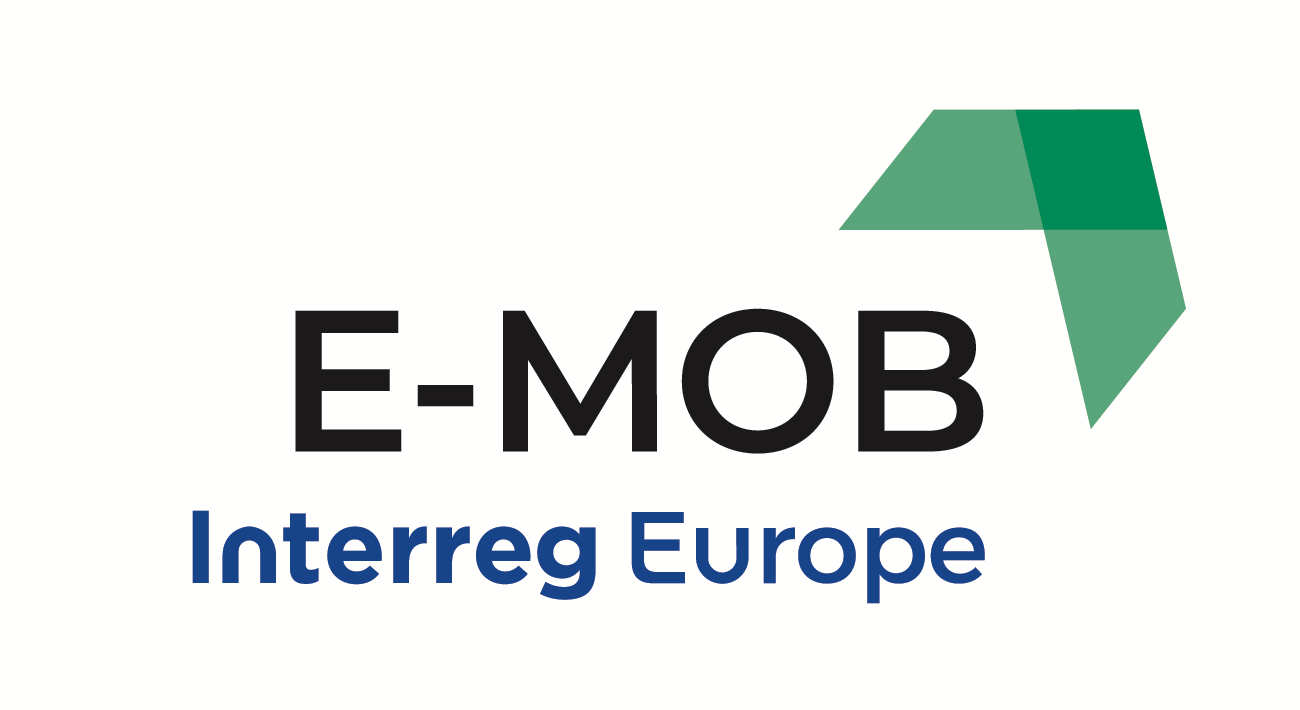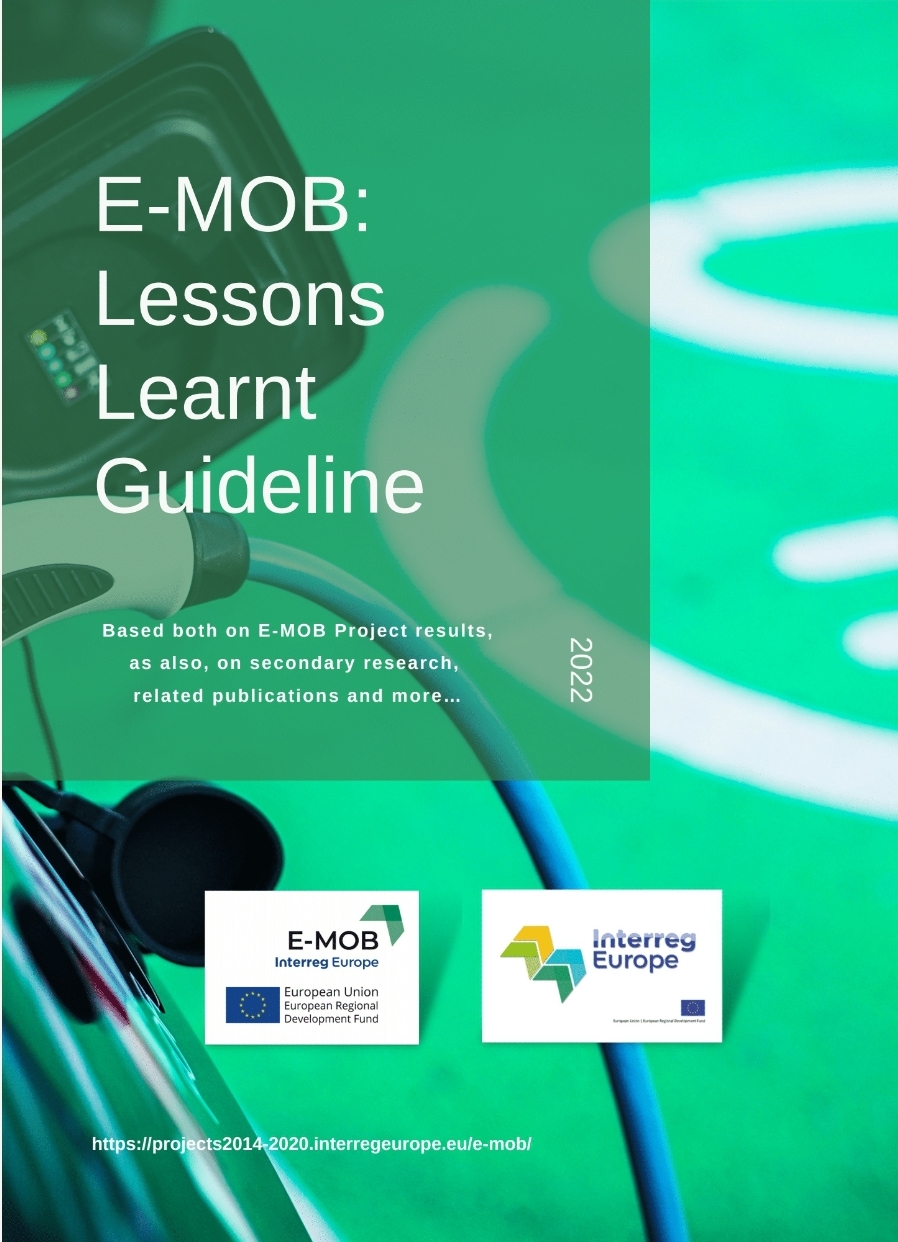7. According to you, what is the biggest challenge in developing electromobility? Is it batteries for vehicles, disposal of used batteries, lack of resources for battery production?
István: In my view, the two most critical issues concerning electromobility are batteries and the charge of batteries.
The mass of the currently used batteries built in vehicles must be quantitatively substantial in order to reach a minimum range. Besides, the batteries pose a risk to the environment, because the secondary use of these materials has not been solved. Researches should aim to increase the storage capacity of batteries while decreasing their mass. A similar problem is that the resources required for their production are limited. The battery lifespan is also an obstacle. As we can see, deep research is needed in these areas. Additionally, energy production is problematic. In the case of renewable wind and solar power plants the storage of the produced electricity is an issue. These are serious problems especially in the light of the spreading of electromobility which envisages an increasing need for electricity.
Balázs, external expert:
My personal opinion is that different fuel types should be utilized to their best attributes which is currently not happening. Electric road vehicles remove local emission coming from internal combustion, but they need big, expensive, and polluting batteries for long-distance use, therefore they should be mostly limited to cities. Diesel cars are very efficient for long distances, perhaps they should be only built in vehicles that are more suitable for this kind of use, and using them in small city cars could be completely prohibited.
8. Do you think society is ready to use electric vehicles?
István: In my opinion, it is. The challenge rather lies in raising people aware that not everybody needs to own a car but they should rather use the different modes of public transportation. If the usage rate of public transport got back to the level it had been before the 90s, and car-sharing and car rental services became widespread, it would significantly decrease the level of environmental pollution and the heavy traffic on the roads as well.
Balázs, external expert: The real question might be if society is ready to use their private cars. As a means of transportation, electric vehicles do not differ that much from other types.
9. Do you think that fossil fuel vehicles will be replaced by electric vehicles in the future?
István: It could only happen if we managed to come to a solution for the issues set out above. And maybe if the amount of currently used energy sources decreased to a level that they would be considered a luxury.
Balázs, external expert: It depends on the battery technology - there are several modes of transport where the current energy density is just not enough. If we can move past these limits and there is enough electricity, there is no limit to the use of electric vehicles and might be even new modes of transport made possible by the use of electricity.
10. Mobility has been reduced in many countries due to COVID - 19. What is the situation in your country? How do you fight the COVID - 19 viruses.
István: In my experience, appropriate protective measures have been taken, thus there was a low number of infections in Hungary.
Balázs, external expert: The reduction of mobility has had quite prevalent effects in the capital - the air quality is way better than it was before the virus outbreak, and they have quickly established cycling routes to accommodate the increase in bicycle use. Indeed the most efficient way to reduce CO2 and GHG emissions from transportation is traveling less, and the current situation has proven quite unequivocally, that working from home is a viable option, and with careful planning, we can decrease our traveling needs without giving much of the comfort.
11. What is your vision of the city in the future in terms of the use of electric vehicles in urban mobility?
István: The future lies in public transportation and self-driving e-car sharing services – as tendencies in research and developments of the vehicle industry indicate.
In big cities, the fixed-route transportation (like subway, tramway and trolley bus) could give the backbone of the public transport network, while alternatively-powered buses and demand-responsive transportation could meet people’s need in less populated areas and the secondary lines of the cities.
Balázs, external expert: In an ideal future city, owning a vehicle is completely unnecessary, since autonomous vehicles will transport each resident to their destination almost completely negating the need for parking spaces (these vehicles might be stored underground). Based on data about past traffic, attendance to public and private events, and models, the transport operator could use vehicles of different capacities, which are suitable for current transport requirements.






